Epson’s 3-LCD projectors have always been among our favorite options for home theater, particularly at their affordable price points. Epson’s Pro Cinema and Home Cinema projectors offer flexible installation options, a wealth of features and bright punchy images. If you want a cinematic big screen experience at home, particularly in a room with some ambient lighting, Epson’s projectors offer solid picture quality and an excellent price/performance ratio.
But sometimes Epson’s features and specs are a little hard to understand, specifically around resolution. Many of Epson’s “4K” projectors actually only natively display 1/2 of that true 4K resolution (3840×2160 pixels), due to the way they shift the pixels. Some Epson projectors do support true 4K resolution, but identifying these vs. their lower resolution brethren is not always easy.

“Pixel shifting” is a common technique used by projector makers to take a lower resolution imaging chip (typically 1080p or 1920×1080 pixels) and shift the optics in order to increase resolution. Nearly all consumer grade 4K DLP projectors use pixel shifting to generate 4K resolution from 1080p chips. They do this by displaying a 1080p image, then quickly shifting the optics to display another 1080p image above or next to the original image. By doing this 3 times per frame, (original image plus 3 shifted images), you can build a true 4K image using 1080p chips. Thanks to “persistence of vision,” our eyes don’t notice the shift but do see all of the shifted images as one.
Some of Epson’s more affordable projectors, identified as “Pro-UHD” actually only shift the pixels once per frame. This means they can reproduce twice the resolution and detail of a 1080p HD image, but only half the resolution of a true 4K signal. Meanwhile Epson’s higher end home theater projectors, also identified as “Pro-UHD” shift the pixels on both axes (horizontal and vertical) which creates full 4K resolution.
Recently, after years of confusion, Epson has given a completely new name to its true 4K projectors, namely “4K Display Technology.” If you see “4K Display Technology” on an Epson projector, you can rest assured that this projector can reproduce the full 3840×2160 pixel resolution of a 4K UHD signal, from streaming, UHD Blu-ray Disc or Kaleidescape. (And there was much rejoicing).
With all that out of the way, Epson today has launched a new projector in its Pro Cinema line the “ProCinema LS9000.” It will be the most affordable Epson projector to sport the new “4K Display Technology” badge, using dual axis pixel shifting to reproduce true 4K resolution from its triple LCD imaging engine. It uses a laser+phospor light source to create up to 2200 Lumens of white brightness (ISO rated) and 2200 Lumens of color brightness (IDMS rated). With that laser light source, you can expect up to 20,000 hours of usage without the need to replace a lamp.
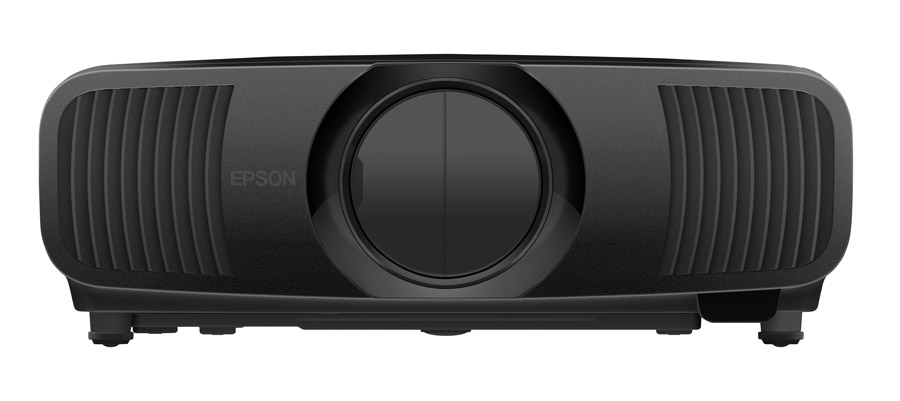
As a 3-chip projector, with separate transmissive LCD panels for red, green and blue primary colors, the LS9000 needs no color wheel so it is completely free of the RBE (rainbow effect) artifacts which we see on many DLP projectors. The unit supports HLG, HDR10 and HDR10+ high dynamic range formats and does its own tone mapping to adapt HDR content to the projector’s native luminance capabilities.
The LS9000’s proprietary 32-bit Epson ZX Picture Processor handles real-time color, contrast, HDR, frame interpolation and resolution enhancement to great great results out of not only high quality 4K/HDR content but also lower resolution streamed content or physical media.

Gamers will appreciate its support for 4K content at 120 frames per second, along with input lag times below 20 ms for quick and responsive gaming action. The unit offers two HDMI 2.1 inputs, compatible with UHD Blu-ray Disc players, streaming boxes, next gen gaming consoles and gaming PCs and, of course, Kaleidescape players.
Installation Flexibility
The LS9000 includes several features that make it easy to install and customize, including a fully motorized zoom lens with a throw ratio of 1.35 to 2:85. The projector offers +/- 96 degrees of vertical lens shift (up and down) and +/- 24 degrees of horizontal lens shift (left or right). That horizontal shift is somewhat less than the 47 degrees of shift available in the current LS11000 and LS12000 projectors, but should provide enough range for most installations to avoid detail-robbing digital keystone correction.
The projector also offers up to 10 lens memories so you can easily and quickly change between 16:9 widescreen content and 2.4:1 CinemaScope content with a single button press. This is for those with a CIH (Constant Image Height) screen implementation and a 2.35:1 or 2.4:1 aspect ratio projection screen.
Unlike many projectors in its price range — and even higher — the LS9000 includes two HDMI 2.1 ports supporting 4K/120 Hz resolution, one of which has eARC (enhanced Audio Return Channel) support. This allows you to plug a source like a game console or streaming stick directly into the projector and carry lossless digital audio from that source directly to an eARC or ARC-compatible receiver or soundbar over a single HDMI cable. This can simplify your installation while still offering high quality cinematic sound.
4K for $4K
The new LS9000 slots in as the new entry level ProCinema home theater projector with a list price of $3999.99. The next step up in the line, the ProCinema LS12000 offers higher brightness (2700 lumens compared to 2200 Lumens on the LS9000), higher contrast (5,000:1 vs. 1,800:1 native contrast) as well as a wider range of horizontal lens shift. The LS12000 price was recently raised to $5999.99. ProCinema models all feature a 3 year warranty, compared to 2 years on the consumer “Home Cinema” line.
In terms of appearance, the LS9000 is available in black finish only and looks virtually identical to the current Home Cinema LS11000 and Pro Cinema LS12000 projectors. Its cabinet measures 20-1/2″ x 7-5/8″ x 17-11/16″ (WxHxD) and it weighs 28 lbs.
As a Pro Cinema projector, the LS9000 will be sold mainly through specialty retailers and CI (Custom Installation) channels. Although Epson isn’t talking about other versions yet, we would be surprised if the company does not introduce a slightly less expensive version of the LS9000 in their Home Cinema line at some point in the future.
The LS9000’s public debut is today (July 31, 2025) at the Audio Advice Live trade show in Raleigh, NC. We got to see it in person in a home theater set-up complete with Stewart Filmscreen screen, Denon receiver and Polk Speakers. The show is open to the public from August 1st to 3rd in case you’re local and want to check it out (Note: there is a cost to attend – find out more here). It was a very impressive-looking (and sounding) system, particularly for the price. Not including the Kaleidescape player, the total system cost came in at under $21,000, or basically less than the price some people pay for cables in their super-deluxe home theater systems.
The Bottom Line
For $4,000, Epson’s new Pro Cinema LS9000 offers true 4K resolution, solid UHD performance, rainbow-free color reproduction, respectable white and color brightness, flexible installation and an extremely robust feature set. Those looking for a budget-friendly large screen 4K projector with support for CinemaScope screens will find a lot to like about the LS9000.
Where to Buy:
Epson Projectors on ProjectorScreen.com
Related Reading:
Epson Q Series Projectors Will Light Up even the Brightest Living Spaces
Valerion VisionMaster Max Projector Does Dynamic 4K Projection from a Little Cube (Best of CES 2025)

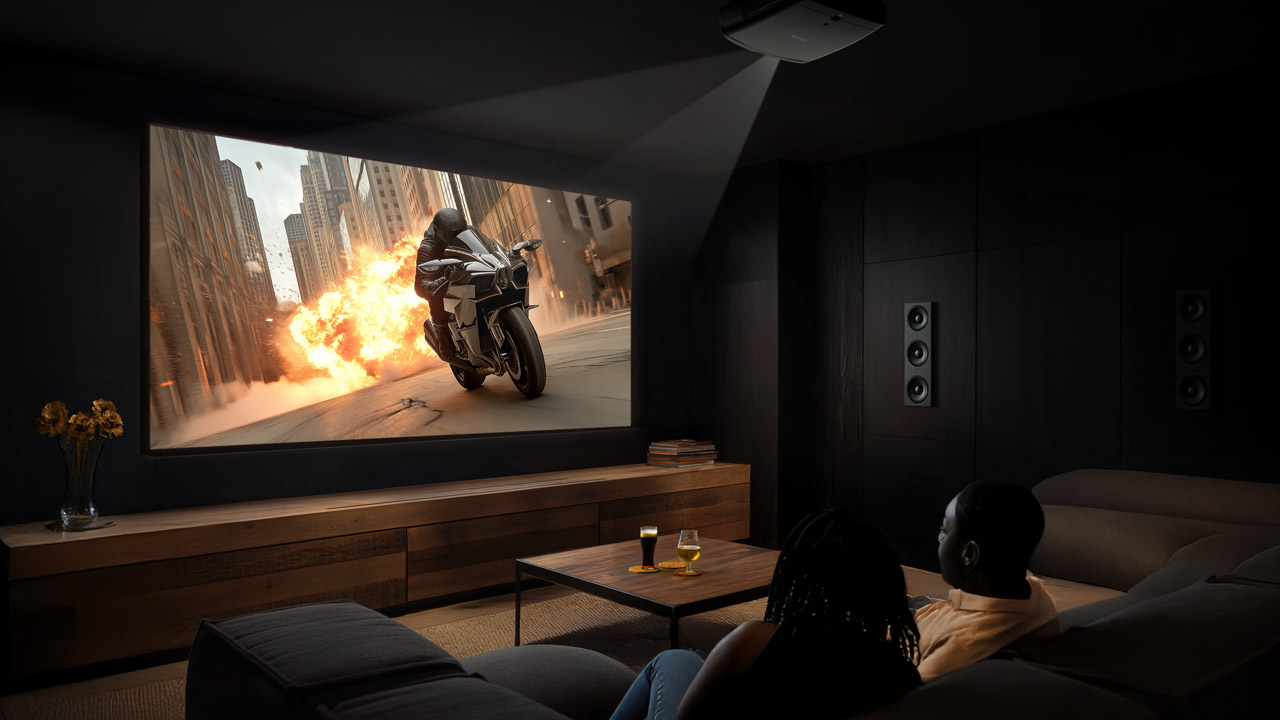





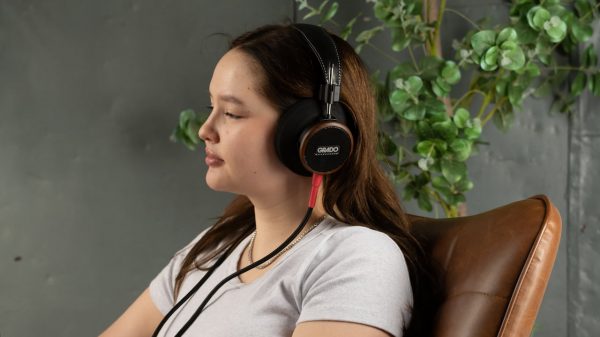

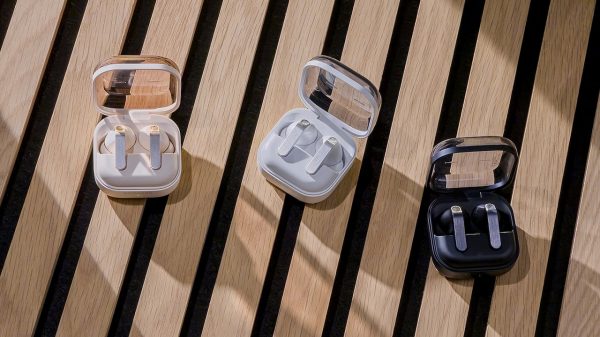



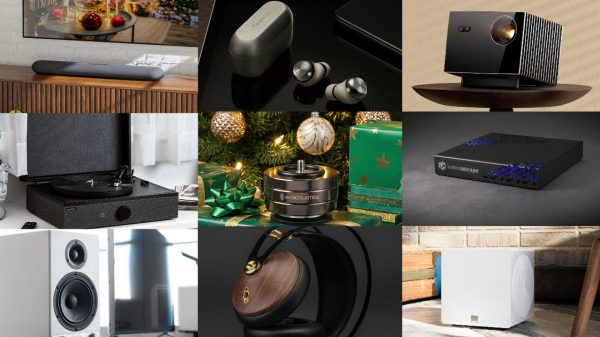


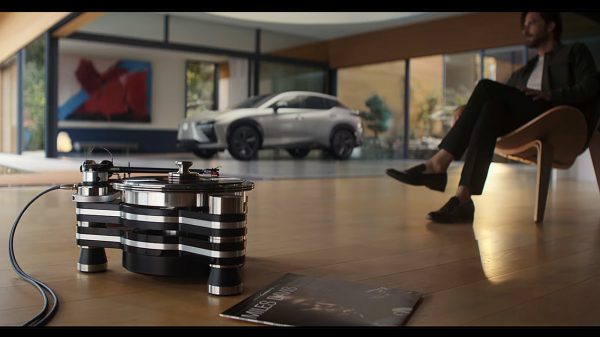

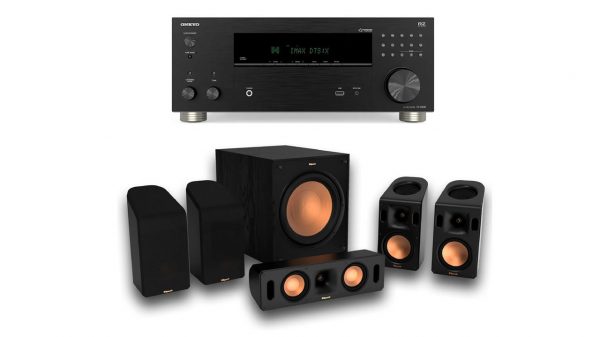
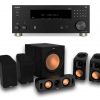
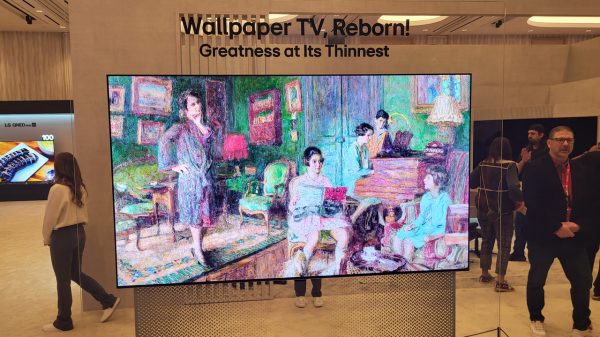
















Rodolfo
August 3, 2025 at 11:30 pm
Thank you for your honesty regarding the many claims of manufacturers naming their projectors 4K when they are not even “native” 4K, and rather play games with pixel shifting, the new era of DLP wobulation when claiming 1080p with a 540p chip of the 1990s, now back to haunt us with “pixel shifting 4K”.
Since you mention “…If you see “4K Display Technology” on an Epson projector, you can rest assured that this projector can reproduce the full 3840×2160 pixel resolution of a 4K UHD signal,… “
Would you please care to identify those?
And, if those projectors are then “reproducing the full 3840×2160 pixel resolution of a 4K UHD signal,..” why anything else can be named “True 4K” when is clear that is actually not “True”
Is the industry lying to consumers?
Consumers that may need projectors at very low prices deserve to know with clarity that they are not getting the same quality of a native 4K projector and decide by themselves with “true” information.
Ian White
August 4, 2025 at 12:57 am
Rodolfo,
I agree. Consumers see “4K” or “Hi-Res” (on a weird range of hi-fi products) and have no clue what that means or if it’s even true. How can a speaker be “Hi-Res” when they are referring to anything over 16-bit/44.1kHz PCM? Total BS.
IW
Chris Boylan
August 8, 2025 at 7:36 pm
Well, despite whether we like the “idea” of pixel shifting or not, it is used in nearly all budget-priced (less than $6,000) 4K projectors to take an imaging device (LCD or DLP) of lower than 4K resolution and create a 3840×2160 pixel true 4K image. The input signal comes in at 4K, and the projector divides that into 4 frames, each with 1080p resolution. It then shifts the optics three times in rapid succession, so that each of the 8,000,000+ pixels is displayed on the screen. With the “persistence of vision” our eyes do see these four independent frames as one image.
The other way to do 4K resolution is to have native 4K imaging chips (like Sony and JVC do with SXRD and D-ILA, respectively). But these are more expensive and do sacrifice a bit of brightness in the process, which means they have to be driven by brighter light sources in order to reach high peak brightness levels.
The confusing part is that EPSON has two types of pixel shifting: single axis and dual axis. Single axis pixel shifting creates an image that is twice the resolution of 1080p, but half the resolution of 4K. And (confusingly), they call this “4K Pro-UHD.” Really misleading, IMHO. But Epson dual axis pixel shifting does recreate full 4K resolution. And this they are referring to as “4K Display Technology.” So if you see an EPSON projector with “4K Display Technology” it can display full 4K resolution.
Hope that helps.